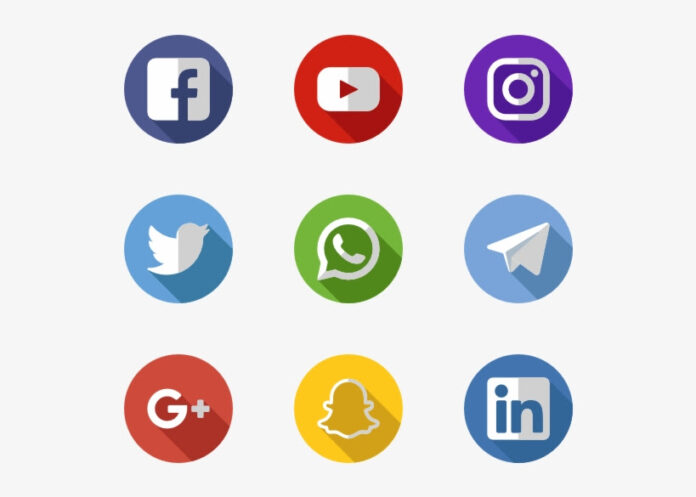The News: The Wisconsin Institute for Law & Liberty (WILL) released a new report assessing the profound impact of technological advancements and social media on human interaction, social dynamics, and relationships during the 20th and 21st centuries. Digital Disruption: Exploring the Link between Technology, Social Media, and Political Polarization is the second of three reports focusing on social capital and how human relations have transformed with technological developments.
The Quote: Miranda Spindt, WILL Policy Associate, stated, “The new era of technology has shattered our concept of interpersonal relationships, and with the rise of social media, is severing our nation politically. Faulty online incentives distort our reality and destroy mutual understanding between voters across party lines. We fully expect this trend to continue in the 2024 Presidential Election.”
Changes in Technology and Usage: Since the 20th century, a boom in technological advancement shifted human interaction and entertainment to our homes. Shared collective experiences used to be commonplace, however, phones, laptops, and television have made that less necessary. Consequently, how people spend their free time and engage in entertainment has forever changed.
Encapsulating this conversion, in 1946, there were only 6,000 television sets in use. That number rose to 12 million in only five years. Furthermore, as of 2023, 123.8 million households have a television, with many having multiple. Television use peaked in 2009-2010 as the average American household watched 8 hours and 55 minutes daily. However, in the years since, this has been replaced by increasing screen time on other devices.
Social Media Uprising: As of 2022, Americans spend about four and a half hours on their phones daily. In addition to simply capturing the attention of Americans, modern media damages society by facilitating pseudo-relationships. Pseudo-relationships are relationships that may feel real but have no true foundation. They provide a false sense of interaction and connection, while inappropriately replacing genuine relations.
Because social media has eliminated much of traditional relationship-building, people have turned to their screens to cultivate a sense of belonging. Validation occurs when those around us support our actions, feelings, and experiences. Correspondingly, social media fosters this instantaneously through likes, comments, and followers. This is a dangerous combination as the well-being of many people is tied to the performance of one’s social media presence.
Polarization’s Roots and Outcomes: Seeking validation through social media is a driving force in today’s online polarization. While pursuing positive reinforcement via page engagement, posting extreme or aggressive material is incentivized. Confrontational posts attract negative and positive engagement, leading to arguments, which social media algorithms boost. This is disadvantageous because controversial material has widespread reach, and thus impacts the perspectives and beliefs of viewers.
Social media also polarizes the perspectives of its users through selective attention and motivated reasoning. Social media users often ignore information that they find irrelevant or uninteresting, and only follow accounts that conform to their political ideology. Additionally, when encountering material they agree with, one finds it easy to accept, but when facing content they do not agree with, the confrontation strengthens their existing notions on the subject, this is motivated reasoning. Social media causes interactions with deliberately controversial material that polarizes beliefs whether users agree with the content or not. This is a dismaying practice that divides our country at a time when social capital is decreasing.
Polarization and Social Capital: Americans are losing social capital and becoming more polarized simultaneously. Multiple studies indicate that attitudes toward members and institutions of the opposing political party have recently grown disapproving.
From 1992 to 2014, the Upper Midwest sharply declined from 35-40 points on approval of opposing party partisans to 17 points on a 100-point approval scale.
In 1958, 72% of a Gallup poll stated they did not care if their daughter married a member of the opposite party, this declined to 45% as of 2016.
American institutions are at risk due to the growing distaste for members of the opposing political party, and the lack of moderation grounded in in-personal relationships. A Gallup poll explains that people feel more attached to communities they politically align with, and are more civically active in. Growing polarized attitudes sever the relationship between voters and communities if they do not politically align with it.
What’s Next: The third and final paper of the social capital series will discuss solutions to rebuild social capital, including policy plans at every level of government. It will also explain why community organizations must be the driving force behind this revival, or it will certainly fail.
Read More:


